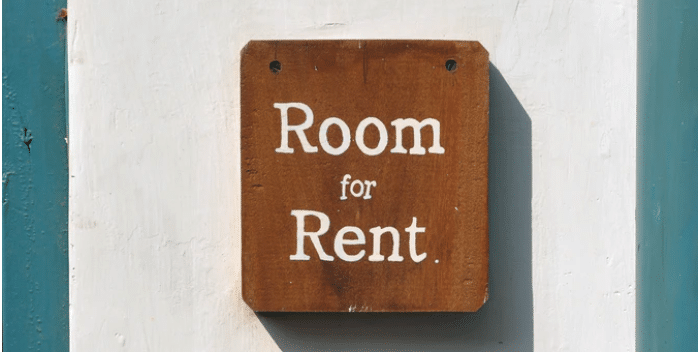If you are a student then it is very likely that you will be happy renting the place you live. However, over the last 10 years, it has become much more common for people in general to rent their home. In the UK around 5 million people rent, which is almost 100% growth in a decade.
Renting your home can offer many benefits and, as a result in the sharp growth in the costs of homeownership is likely to continue to increase. Housing Hand have put together this short guide to a successful tenancy and happy renting.
1 Start as you mean to go on
If you make a good decision about your choice of accommodation at the beginning then this is going to have a positive impact on your experience overall. A lot of tenants initial decision making is driven by location and this is one of the key criteria people use alongside the physical aspects of the property. It is also vital to set a realistic budget to ensure that your chosen place is affordable.
2 Reputation is key
The landlord, agent or management company are going to be an important part of your experience. You will be reliant on them to get things done, make repairs and resolve issues. Selecting a reputable agent or landlord as part of the search will pay dividends when you move in.
There are no hard and fast rules for identifying a good landlord or agent, however, Housing Hand generally advises our customers to rent from those that are members of relevant associations such as the NRLA or ARLA for letting agents. We have a great free House Finder Service if you still need to have a look. All listed properties come from trusted partners that we have worked with before.
3 Having a look
Having a good look at your potential home is also very important. Firstly because it will give you a chance to meet your potential landlord or agent and this can really help you decide if you think they are going to be happy living in their property. Check out this great article about what to look for when meeting with a landlord for the first time.
In addition to sizing up the letting agent, take time to look around the property and make sure it is maintained to a decent standard. If repairs are required and promised, it is a good idea to ensure this is recorded in writing or on the tenancy agreement before you sign for the property.
Finally take the opportunity to talk to the current tenants if they are still around – they will be an invaluable source of feedback.
4 Check the paperwork.
Carefully check any paperwork that you are asked to sign. In the vast majority of cases you will be asked to sign an assured shorthold tenancy agreement (AST) in England and Wales and a private residential tenancy in Scotland. It is important to make sure you do read these agreements, because once you have signed them you are bound for the term of the agreement.
You should also be provided with relevant certification. This should include gas safety certificates and also notification of where your tenancy deposit will be held. Ideally, your landlord or agent will provide you with an inventory which is a really useful way in which you can both agree what the state of the property was when you moved in.
If for some reason, you are not provided with an inventory you can make your own. Take pictures of the property when you move in and send them to your landlord with any notes or comments. This can be an invaluable way of making sure there are no issues at the end of the tenancy and you get your deposit back.
5 Moving In
Once you have moved in, you are free to enjoy your home. The better you look after the property, the more you are likely to enjoy it and the better your relationship is likely to be with your landlord. Good communication is key and it is important to report any issues or problems as soon as they arise, so that the property manager has the opportunity to rectify them and they do not impact on your overall experience. Plus when it comes to moving out and finding the next place to live you will maximise the likelyhood of getting your tenancy deposit back.
Housing Hand is the UK’s leading rent guarantor service for students. We act as UK based guarantor to enable our customers to secure their accommodation and pay rent in instalments allowing for you to be happy renting.







